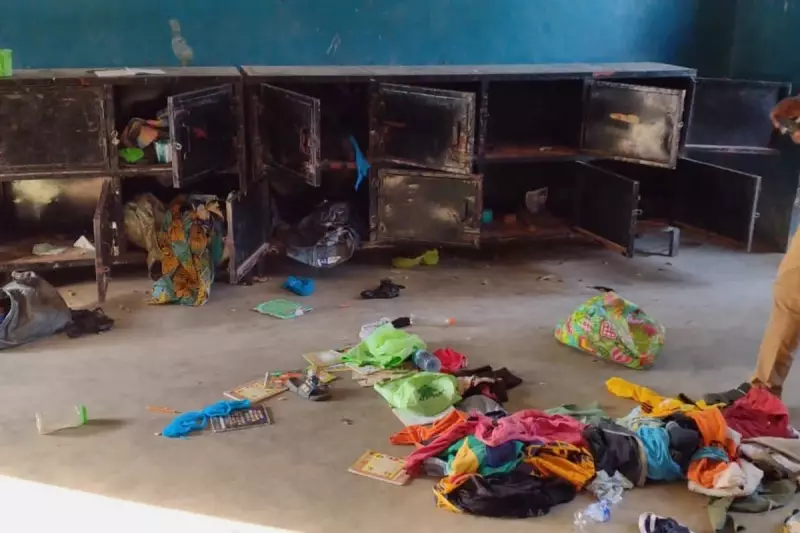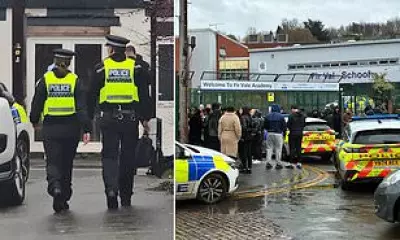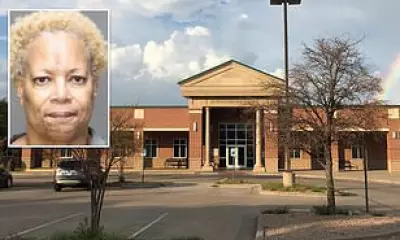
In a devastating escalation of Nigeria's security crisis, more than 300 schoolchildren and 12 teachers have been abducted by gunmen from St. Mary's Catholic Primary and Secondary School. The attack took place in the remote Papiri community in north-central Niger state.
Revised Figures and Official Response
The Christian Association of Nigeria (CAN) confirmed the updated and significantly higher figure on Saturday 22 November 2025. This revised count followed a verification exercise and a final census carried out after the attack. The Most Rev. Bulus Dauwa Yohanna, chairman of the Niger state chapter of CAN, visited the school on Friday to assess the situation.
Local authorities have stated that tactical squads have been deployed, alongside local hunters, in an effort to rescue the abducted children. As of now, no group has claimed responsibility for the mass kidnapping.
A Pattern of Violence and Strategic Targets
This horrific event is not an isolated incident. It occurred just four days after 25 schoolchildren were seized in a similar attack in the neighbouring Kebbi state's Maga town, located 170 kilometres away.
Analysts note that school kidnappings have become a defining feature of insecurity in Africa's most populous nation. Armed gangs increasingly view schools as strategic targets to draw maximum attention. According to UNICEF, only 37% of schools across ten conflict-hit states in Nigeria had early warning systems to detect threats last year.
The problem is deeply entrenched. Since the infamous 2014 mass abduction of 276 Chibok schoolgirls by the jihadi insurgency Boko Haram, at least 1,500 students have been seized. Many are released only after ransoms are paid.
Complex Web of Militants and Bandits
The security landscape in northern Nigeria is fragmented and complex. While Boko Haram and an Islamic State affiliate continue to menace the northeast, dozens of bandit groups are active in the northwest and north-central regions.
These bandits, often described as former herders who took up arms after clashes with farming communities, are motivated more by money than ideology. They frequently target remote villages and schools with limited security presence. There is, however, growing concern about potential links between these criminal bandits and established militant Islamist groups.
The U.S.-backed Africa Center for Strategic Studies noted earlier this year that bandits are thought to be responsible for about the same number of deaths in the northwest as Boko Haram and the IS affiliate are in the northeast.
This crisis is unfolding against a backdrop of strained international relations. The Trump administration's deep cuts in foreign aid to Nigeria this year have complicated the situation, amidst claims from the U.S. President about targeted killings against Christians. It is crucial to note that attacks in Nigeria affect both Christians and Muslims, as evidenced by the earlier school attack in the Muslim-majority Maga town.
Nigeria's government, under President Bola Tinubu who replaced the country's security chiefs last month, continues to struggle against these multifaceted threats, with security efforts stretched thin across the nation's vast north.






